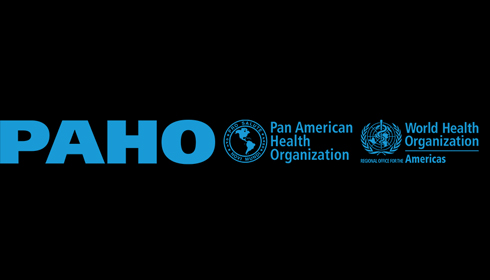
PAHO Director Calls for a Shift in Narrative on Suicide Prevention
In observance of World Suicide Prevention Day on September 10, the Director of the Pan American Health Organization (PAHO), Dr. Jarbas Barbosa, has called for a transformative change in how society addresses suicide. Nearly 100,000 individuals die by suicide annually in the Americas, with countless others facing suicidal thoughts and behaviors. Dr. Barbosa emphasized the need to eliminate stigma and foster a culture of support and understanding to reduce the prevalence of this preventable tragedy.
This year’s theme for World Suicide Prevention Day 2024-2026, “Changing the Narrative,” aims to inspire open conversations about suicide at all levels of society. The theme encourages individuals, communities, and governments to engage in dialogue that breaks down stigmas and raises awareness of the factors contributing to suicide. The goal is to create a more supportive environment where those experiencing suicidal thoughts feel empowered to seek help.
“One of the greatest challenges to suicide prevention is the stigma surrounding it,” said Dr. Barbosa. “Too often, suicide is wrongly perceived as a sign of weakness or selfishness, and in some cases, even treated as a crime. We must replace this harmful narrative with one that fosters understanding and promotes recovery for both those struggling with suicidal thoughts and their families,” he added.
The need for action is urgent. Between 2000 and 2019, the suicide rate in the Americas increased by 17%. Dr. Barbosa highlighted the devastating, long-lasting impact that suicide has not only on individuals but also on families, communities, and society as a whole. “The loss of even one life to suicide is tragic, but it is preventable. We can take steps to reduce these numbers.”
There are several proven strategies to prevent suicide, including reducing access to the means of suicide, addressing gender-specific risk factors, and promoting the development of socioemotional skills among adolescents. Early detection and timely treatment of mental health conditions are also crucial. Responsible reporting by the media can help prevent the imitation of suicidal behaviors, commonly referred to as “suicide contagion.”
Dr. Barbosa emphasized the need for a comprehensive, multisectoral approach to implement these strategies, involving not just the health sector but also governments, communities, and organizations. “PAHO is working closely with countries in the region to strengthen their national suicide prevention strategies and to improve access to quality mental health services,” he said.
To mark World Suicide Prevention Day, PAHO, in collaboration with the University of Toronto, will host a virtual seminar titled “World Suicide Prevention Day 2024: Changing the Narrative” on September 10. The event will focus on the role of media in suicide prevention, highlighting the impact of media messaging on public understanding of suicide and mental health.
Established in 2003 by the International Association for Suicide Prevention (IASP) and endorsed by the World Health Organization (WHO), World Suicide Prevention Day seeks to raise awareness, reduce stigma, and emphasize that suicide is preventable. This year’s call to “change the narrative” represents a crucial step in fostering a society that prioritizes mental health and offers compassion to those in need.